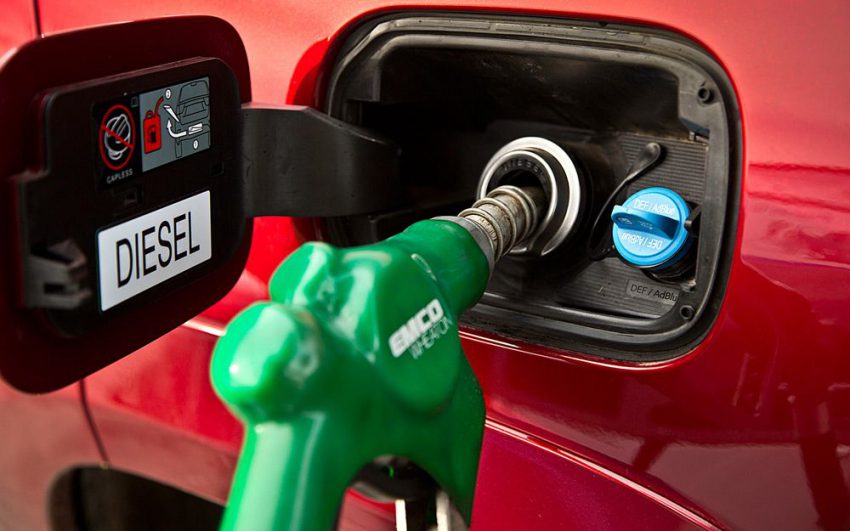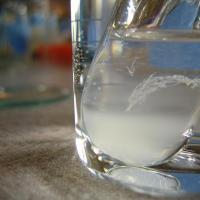Diesel engine and gasoline: efficiency comparison
The coefficient of performance (COP) is a value that expresses in percentage terms the efficiency of a particular mechanism (engine, system) regarding the conversion of the received energy into useful work.
Read in this article
Why diesel efficiency is higher
The efficiency index for different engines can vary greatly and depends on a number of factors. have a relatively low efficiency due to the large number of mechanical and thermal losses that occur during the operation of a power unit of this type.
The second factor is the friction that occurs during the interaction of mating parts. Most of the useful energy consumption is the driving of the engine pistons, as well as the rotation of the parts inside the motor, which are structurally fixed on the bearings. About 60% of the combustion energy of gasoline is spent only to ensure the operation of these units.
Additional losses are caused by the operation of other mechanisms, systems and attachments. It also takes into account the percentage of losses due to resistance at the time of the next charge of fuel and air, and then the release of exhaust gases from the internal combustion engine cylinder.
If we compare a diesel plant and a gasoline engine, a diesel engine has a noticeably higher efficiency compared to a gasoline unit. Gasoline power units have an efficiency of about 25-30% of the total amount of energy received.
In other words, out of 10 liters of gasoline spent on the engine, only 3 liters are spent on useful work. The rest of the energy from the combustion of fuel went to waste.
With the same displacement indicator, the power of an atmospheric gasoline engine is higher, but is achieved at higher speeds. The engine needs to be “turned”, losses increase, fuel consumption increases. It is also necessary to mention the torque, which literally means the force that is transmitted from the motor to the wheels and drives the car. Gasoline ICEs reach their maximum torque at higher RPMs.
A similar naturally aspirated diesel achieves peak torque at low rpm, while using less diesel to do useful work, which means higher efficiency and fuel economy.
Diesel fuel generates more heat compared to gasoline, the combustion temperature of diesel fuel is higher, and the knock resistance index is higher. It turns out that a diesel internal combustion engine has more useful work done on a certain amount of fuel.
Energy value of diesel fuel and gasoline
Diesel fuel is made up of heavier hydrocarbons than gasoline. The lower efficiency of a gasoline plant compared to a diesel engine also lies in the energy component of gasoline and the features of its combustion. Complete combustion of an equal amount of diesel fuel and gasoline will give more heat in the first case. Heat in a diesel engine is more fully converted into useful mechanical energy. It turns out that when burning the same amount of fuel per unit of time, it is the diesel engine that will do more work.
It is also worth considering the features of injection and the creation of appropriate conditions for the full combustion of the mixture. In a diesel engine, fuel is supplied separately from air, it is not injected into the intake manifold, but directly into the cylinder at the very end of the compression stroke. The result is a higher temperature and the most complete combustion of a portion of the working fuel-air mixture.
Results
Designers are constantly striving to improve the efficiency of both diesel and gasoline engines. An increase in the number of intake and exhaust valves per cylinder, active use, electronic control of fuel injection, throttle valve and other solutions can significantly increase efficiency. To a greater extent this applies to the diesel engine.
Thanks to these features, a modern diesel engine is able to completely burn a portion of diesel fuel saturated with hydrocarbons in the cylinder and produce a large amount of torque at low revs. Low RPMs mean less friction loss and the resulting drag. For this reason, a diesel engine is today one of the most productive and economical types of internal combustion engines, the efficiency of which often exceeds 50%.
Read also
Why it's better to warm up the engine before driving: lubrication, fuel, wear of cold parts. How to warm up a diesel engine in winter.





